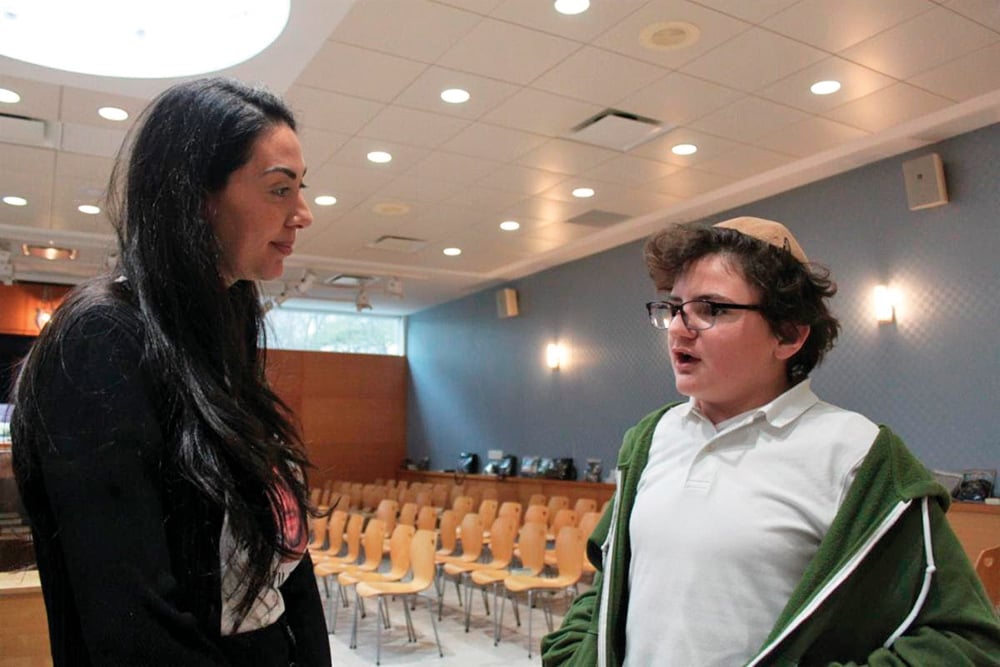PhD Student in International Politics at City University London
The referendums on independence from Ukraine in Donetsk and Luhansk, defying Putin’s call to postpone, pose deep questions about what “independence” would actually mean—and whether it can actually be achieved.
The eastern Ukrainian regions’ demands for independence are based in a claim of “Russian” identity. That the umbrella term “Eastern Europe” covers an intricate array of ethnic and cultural identities should be obvious—but it is precisely this seemingly obvious fact that makes the current ethnicity-based attempts to claim autonomy so delicate, and perhaps even impossible.
The ethnic history of the region has been written and rewritten time and again. The arrival of communism led to the uprooting of millions of people and their coerced relocation into newly created industrial cities or communal farms, but after consolidating his power in the 1930s, Stalin moved away from the Marxist-Leninist class-based conception of the target-enemies of the people (for instance, rich farmers, or “kulaks”) to one based on ethnic belonging.
The map of the Soviet Union changed radically: some 6m people were deported or relocated, including the Crimean Tatars, Poles, Chechens and people from the Baltic republics. Population swaps were also common—for instance, Poles from the Soviet side of the Poland-Soviet Union border in exchange for Ukrainians from the Polish side.
But this is still just one version of history, and it conceals others. The further back one goes in time, the more complex and inconclusive the picture becomes.
Kievan Rus’, the 9th century empire that encompassed East Slavic tribes, is claimed by Belarusians, Ukrainians and Russians as their founding myth, with Kiev at the center. The present Ukrainian capital was not just the birthplace of Slavic Orthodoxy, but also an essential hub in the historic trade route between Scandinavia and the Byzantine Empire.
Meanwhile, the mock referendum on joining Britain announced in Donetsk after the Crimean annexation facetiously picked up another thread from this intricate history of mixed origins: in 1869 a Welsh industrialist, John Hughes, built a steel plant and several coal mines in a region that later took his name, Hughesovka. It was later renamed Stalino—and then later, Donetsk.
Starting from scratch
While we can ponder what an independent Donetsk might look like, the comparison with Crimea is hardly apt. Crimea had already had an autonomous and centralized parliamentary body, and therefore already had the capacity to hold elections (access to the electoral roll, enforceable ballot security, and so on) by the time it held the referendum.
Donetsk, by contrast, would find it logistically almost impossible to hold elections. Truly fair elections would be even more problematic; reports are coming in that even Putin’s own Council on the Development of Civil Society and Human Rights dismisses the ludicrously high official Crimean referendum figures—the overall turnout was in reality between 30-50%, and only 50-60% of those votes were in favour of joining Russia.
One might retort that administrative roadblocks do not stop revolutions, but even so, Putin’s call to postpone the referendum is puzzling. It might just be another case of an official declaration contradicting developments on the ground, but it might also mean that he is not prepared to bear the social and (perhaps above all) economic responsibility of embracing Donetsk.
Even though the pride of a great number of separatist Donetskites is grounded on the belief that the poor and hard-working eastern Ukrainians are supporting the lazy and profligate lifestyle of western(ised) Ukrainians, the reality is that the region is heavily subsidized, first through energy subsidies for heavy industry and second through the net inflow of tax revenue from the rest of the country.
By itself, Donetsk is by all accounts unsustainable. It is estimated that annexing the Donbas region would cost Russia annually some 6-8% of its budget as compared to 12% going to the military. The entirety of Eastern Ukraine would double these figures.
The battle over Ukraine’s future remains unpredictable and its driving force harder to pin down than it might first appear. What has been clear from the very start is that language was not a site of political struggle or repression. There are western Ukrainians who speak Russian uninhibitedly; Kiev itself is a balanced mix of Russian and Ukrainian speakers, for whom language remains a transparent means of expression.
What people are expressing in eastern Ukraine is really a desire for things to go back to normal. Looking back at the long and convoluted history that they share might give them a respite and a possibility to contemplate a common future beyond separatism.
DISCLOSURE STATEMENT: Andrei Sandu does not work for, consult to, own shares in or receive funding from any company or organisation that would benefit from this article, and has no relevant affiliations.
By Andrei Sandu













